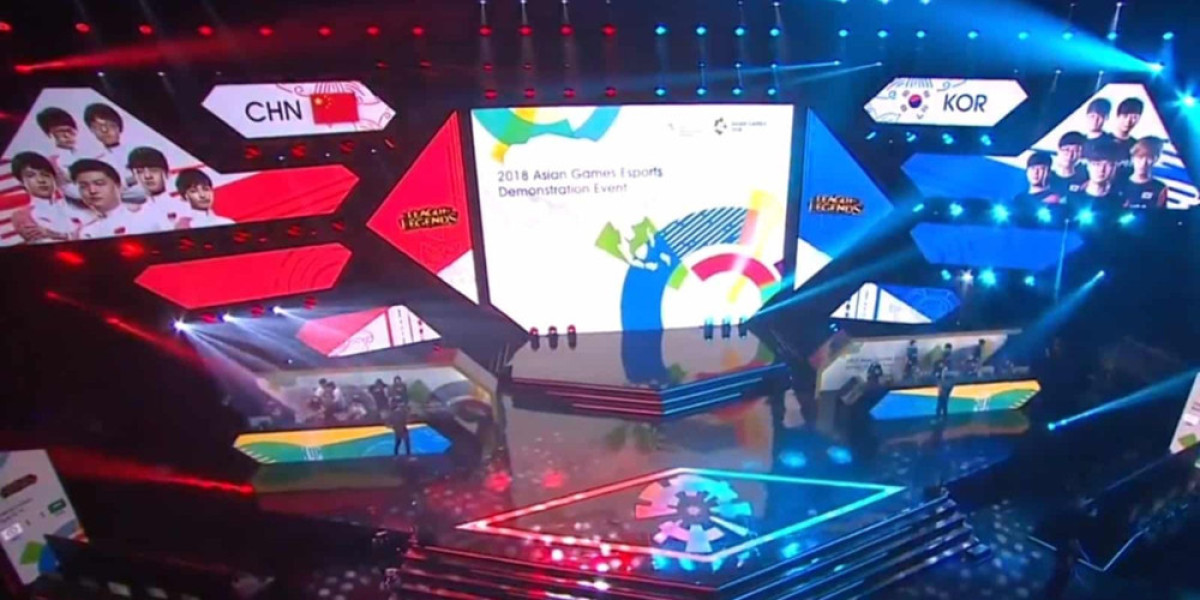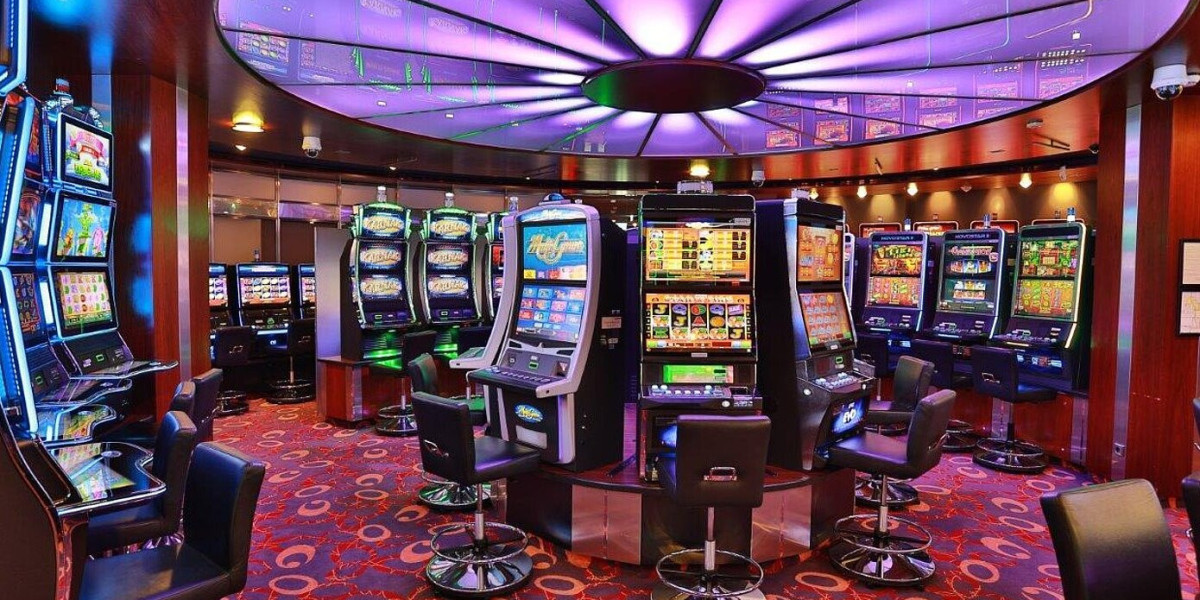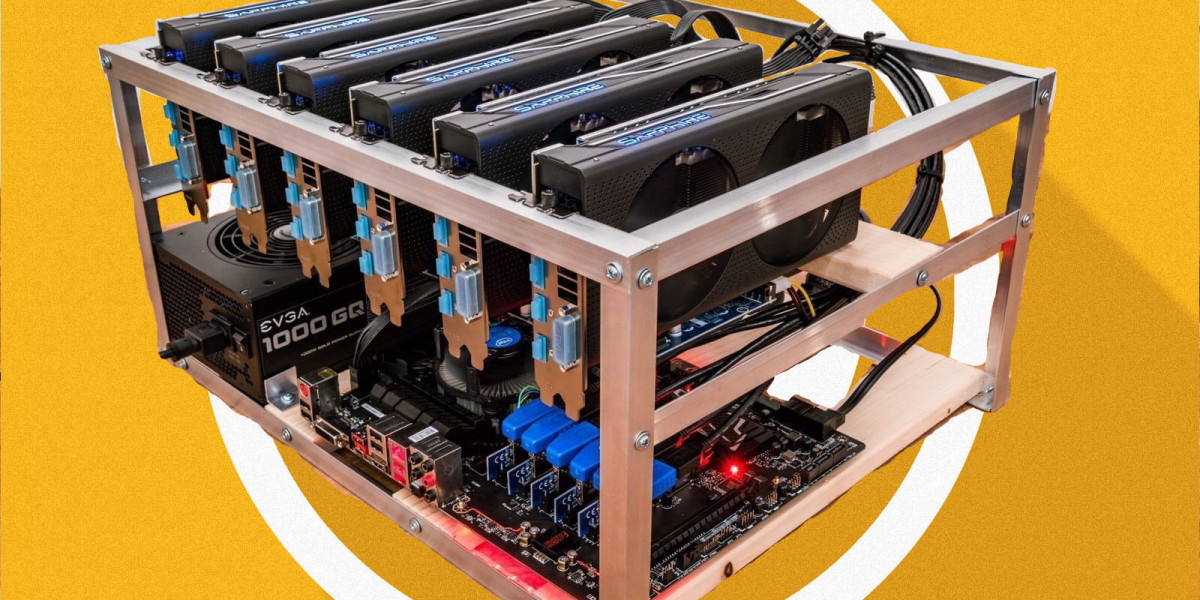Riot Games recently made a significant announcement on their official blog, revealing plans to expand their sponsorship categories for top-tier League of Legends and Valorant teams across the Americas and EMEA regions. This move permits these elite teams to partner with betting companies, marking a shift in their sponsorship policies.
To ensure responsible integration, Riot has laid out comprehensive safeguards. They will carefully vet and approve all betting partners, rely solely on verified and official data sources, and enforce strict integrity checks on participating teams. Additionally, a portion of the revenue generated from these betting partnerships will be redirected to support emerging and smaller esports teams in tier 2 leagues.
Despite these measures, Riot has committed to maintaining a clear boundary between betting and their core media channels. No advertisements, sponsored segments, or betting logos will appear on Riot’s broadcasts or social media platforms, preserving a separation from direct gambling promotions within their owned content.
Critics argue that promoting gambling within esports audiences is fundamentally unethical, highlighting the potential harm and exploitation associated with such advertising strategies.
The backlash from fans has been overwhelmingly negative, with many expressing strong disapproval of Riot's decision. Some supporters argue that sponsorships from betting companies are vital for teams' financial stability, noting that these companies often provide significantly more funding than other sponsors combined. However, most critics believe Riot's justification—that betting activity is already pervasive and unavoidable—is fundamentally flawed.
In their official statement, Riot emphasizes the importance of “responsibly” integrating gambling into their esports ecosystem, repeatedly referencing responsible practices. Yet, the concept of responsible gambling is inherently contradictory; the only truly responsible approach would be to ban sports betting altogether. Gambling addiction is recognized as a mental health disorder in DSM-5, linked to severe consequences such as increased suicide risk. Fans with existing gambling issues are likely to encounter triggers and be further harmed by this policy shift.
It may seem that Riot isn’t overly concerned about a small segment of its audience. Nonetheless, the core issue lies in the intent behind sponsorships: to normalize and promote gambling among viewers. Esports audiences are predominantly young and male—groups statistically more susceptible to gambling addiction. Moreover, betting companies often target financially vulnerable populations, which is ethically questionable, especially amid economic instability and rising living costs. While regulating gambling is complex, endorsing it through team sponsorships to impressionable fans raises serious moral concerns and could set a dangerous precedent. This move risks opening a slippery slope toward broader acceptance of gambling in esports.
Riot Games has reaffirmed its stance on maintaining a gambling-free environment through official channels, yet skepticism remains among fans. Many fear this stance may be short-lived, as the pursuit of profit often overrides ethical considerations. Once betting companies become integrated into the mainstream, it’s plausible that gambling advertisements could eventually appear during streams, especially if profit margins increase. It’s overly optimistic to believe that a profit-driven organization would refuse lucrative advertising opportunities, particularly if audience pushback is minimal. This concern is compounded by Riot’s existing implementation of loot boxes and gacha mechanics, which already facilitate gambling-like elements within their games.
A significant challenge facing esports today is the influx of sponsorships from entities with questionable ethical backgrounds. Alongside reputable brands like Intel and Pepsico, investors such as the U.S. Air Force, Saudi Arabia’s Qiddiya mega-project—often accused of sportswashing—and cryptocurrency firms like Thunderpick and Coinbase are increasingly visible in the scene. While funding is essential for the growth of esports, relying on money from these sources raises ethical questions, especially since many viewers do not pay directly for the content they consume.
This financial model, driven by external sponsorships, often involves money from organizations that may be morally compromised. Although this funding is necessary to sustain the industry’s expansion, it does not justify accepting such sponsorships. Ideally, esports could evolve into a model supported mainly by voluntary contributions from its audience, reducing dependence on ethically questionable corporate money. However, reality paints a different picture, and the current landscape reflects the complexities and compromises involved in maintaining esports’ growth.
What is Valorant and Valorant Points?
Valorant Points are the main premium currency in Valorant, allowing players to unlock exclusive cosmetic items like weapon skins, gun buddies, and the Battle Pass to personalize their gameplay experience. To obtain Valorant Points, players need to purchase them with real money, as they cannot be earned through regular in-game activities. Various game trading platforms make it easy for players to Valorant points buy , with trusted sites such as LootBar offering convenient and affordable top-up options. This system ensures that players looking to enhance their in-game collection have a straightforward way to access new customization content.
Why do you choose LootBar.gg to buy Valorant Points?
If players are looking to top up Valorant Points efficiently and securely, they may want to consider using the lootbar game trading platform. As the primary in-game currency, Valorant Points are crucial for unlocking premium content, and lootbar.gg provides a hassle-free solution for acquiring them.
One of the standout advantages of using lootbar for your top up Valorant needs is the combination of affordability and speed. Lootbar.gg consistently offers some of the lowest prices available, allowing players to maximize the value of their purchases. Transactions are protected by advanced security measures, ensuring that every purchase is both legal and safe. In addition, lootbar guarantees rapid delivery, with Valorant Points typically arriving in your account within just a few minutes. Should you encounter any issues or have questions, their 24/7 customer support is always ready to assist, making lootbar.gg a reliable and convenient choice for gamers.
How to top Valorant on LootBar Step-by-Step Guide
To successfully complete a Valorant top up on the LootBar trading platform, start by navigating to the official LootBar website and selecting your desired language and currency settings.
- Once on the homepage, locate and click on the Valorant option within the top-up section.
- Proceed by entering your Riot Games account credentials as prompted, ensuring the correct information is provided for a secure transaction.
- Next, decide the exact quantity of Valorant Points you wish to purchase and confirm your selection by choosing the “Top-up Now” button.
- Select your preferred payment method from the available options and finalize your payment by clicking “Pay Now.”
- After the transaction is completed, your Valorant Points will be credited to your account within a few minutes, allowing you to dive straight into the game and make the most of your Valorant top up.








